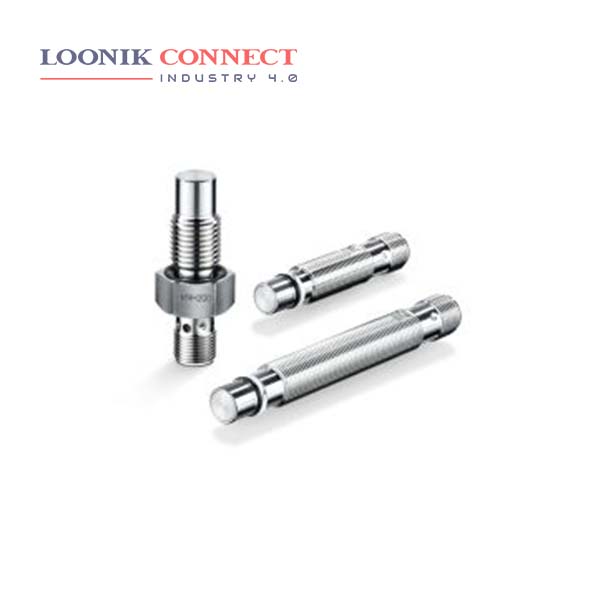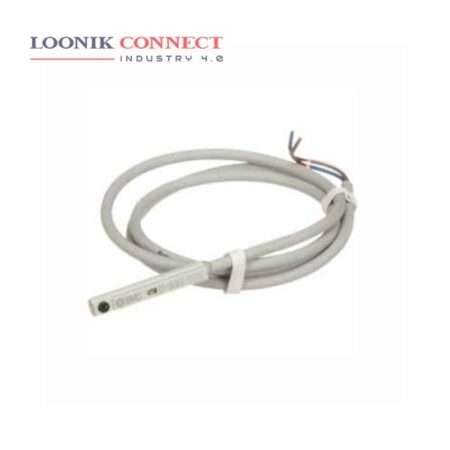A pressure sensor is a device equipped with a pressure-sensitive element that measures the pressure of a gas or a liquid against a diaphragm made of stainless steel, silicon, etc., and converts the measured value into an electrical signal as an output. (The E8[] Pressure Sensors use a silicon diaphragm.) Resistive pressure sensors utilise the change in electrical resistance of a strain gauge bonded to the diaphragm that’s exposed to the pressure medium. The strain gauges often comprise of a metal resistive element on a flexible backing bonded to the diaphragm, or deposited directly using thin-film processes.
A pressure sensor is a device or instrument which is able to measure the pressure in gases o r liquids. A pressure sensor consists of a pressure-sensitive element which can determine the pressure being applied and components to convert the information into an output signal. A Force Sensor is defined as a transducer that converts an input mechanical load, weight, tension, compression or pressure into an electrical output signal (load cell definition). Force Sensors are also commonly known as Force Transducer.
It works following a basic principle of when the temperature of a metal increases, the resistance to the flow of electricity increases as well. An electrical current is passed through the sensor, the resistance element is used to measure the resistance of the current being passed through it. A pressure sensor converts changes in pressure of a gas or a liquid into an electrical signal by means of a pressure sensing device, and generates an analog output proportional to the pressure or a switching output which operates at a particular pressure level.










